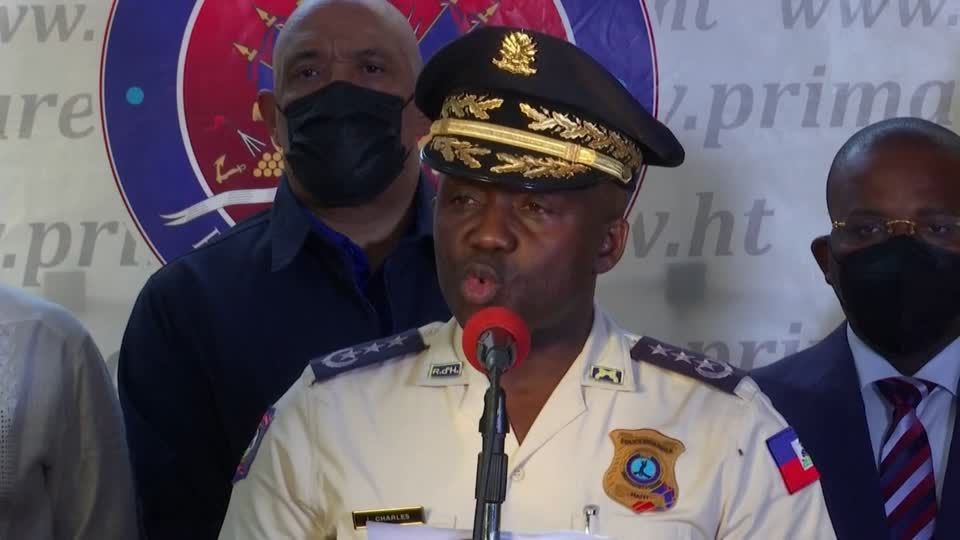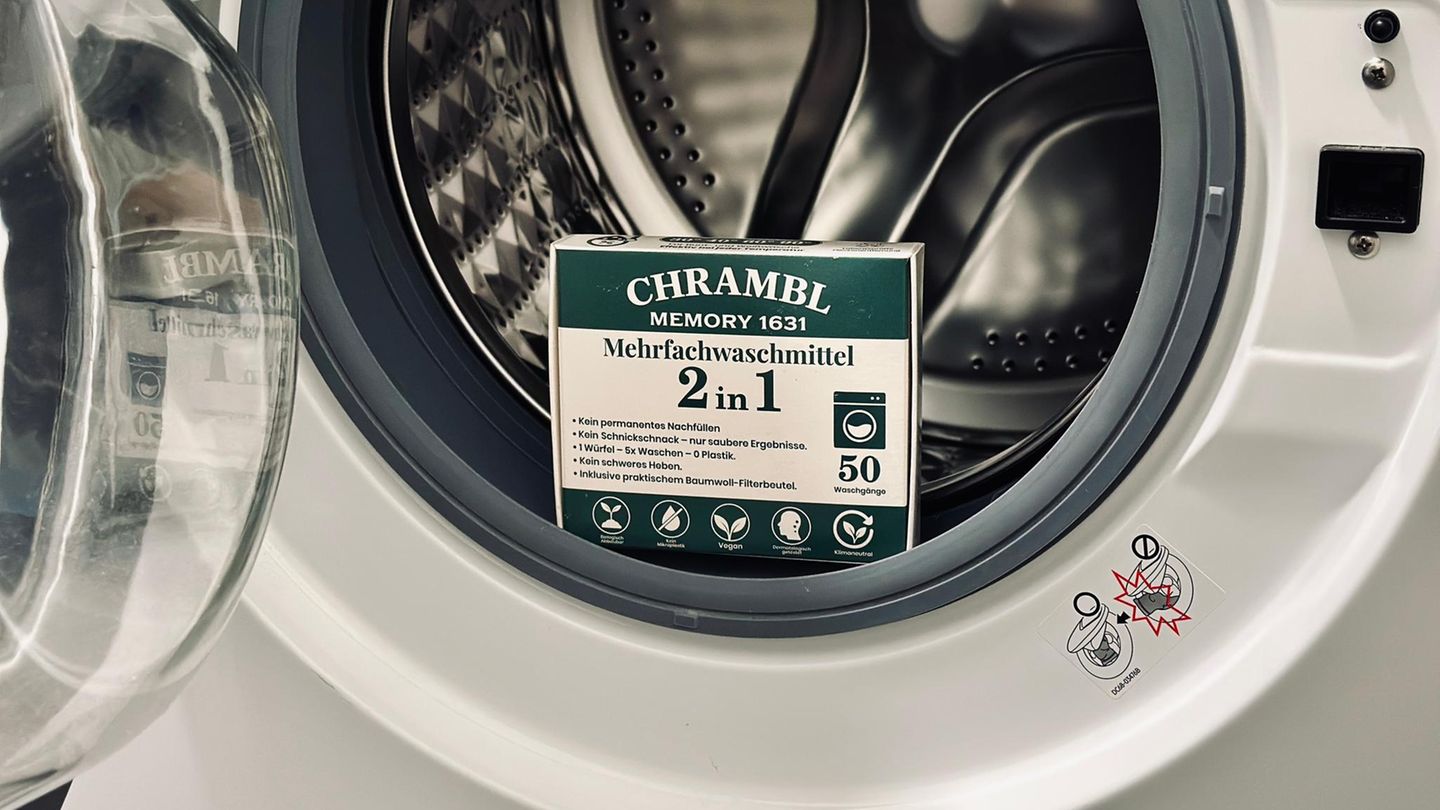The murder of Haiti’s president continues to raise questions even though the police have presented the mastermind. Will the crime ever be solved or will it disappear behind the next conflict – the struggle for power that has already begun?
If it isn’t one of those severe earthquakes that haunt Haiti again and again, then tropical storms are troubling the island nation. If it is not blue helmet soldiers who bring in cholera, then criminal gangs put people in fear and terror. And when the little spot in the Caribbean elects a bearer of hope for president, it is not uncommon for him to turn into an autocrat. Some say there is a curse on Haiti – the latest tragedy is also reminiscent of a crime thriller, voodoo and profane lust for power.
“His fight must continue”
It was shortly after midnight on July 7th when the death squad broke into Jovenel Moïse’s property and “bullets riddled the President of Haiti” in the blink of an eye, without even giving him a chance to say a word, “said his wife Martine reported the attack in an audio message. Sei himself was injured and taken to a Florida hospital. Martine Moïse said that her husband had campaigned for the expansion of the infrastructure and for elections in the autumn. “This is a fight that he fought for us, it has to be continued.”

Not all Haitians supported his “struggle”, on the contrary. Most recently, protests against his administration had paralyzed Haiti again and again. Moïse were accused of corruption, links to brutal gangs and an increasingly autocratic leadership style. Even the length of his term of office was controversial: In February, the opposition appointed a transitional president because, in their opinion, the head of state had been in office for too long. In short: the 53-year-old had enemies.
Only a few hours after the president’s death, the police presented the first suspects. Seventeen men were arrested and three others shot dead in pursuit. According to official information, the murder squad consisted of “26 Colombians and two US citizens of Haitian origin”. They allegedly pretended to be US anti-drug agents. Colombia’s leadership has identified 13 ex-soldiers in the country as suspected participants. Relatives of two of the soldiers testified that they went to Haiti as bodyguards.
However, the rapid success makes one or the other Haitian suspicious: “A well-trained commando has no escape plan? And is then caught by the angry mob with their bare hands?”, The AFP news agency quoted a resident of the capital Port-au-Prince. Another says: It is ridiculous that the otherwise incompetent police want to have caught 20 professional killers in a short time.
Were the “assassins” Moïse’s protectors?
Because there are more questions than answers, the rumors run wild. Some say that the Colombians were actually hired by the government to fight gangs marauding across the country. And they did not shoot the president, but were called to his aid. This is supported by the fact that the President’s guards should not have offered any resistance. Notorious gang leader and ex-police officer Jimmy “Barbecue” Cherizier, who was believed to have ties to Moïse, said the murder of Moïse was a national and international conspiracy against the Haitian people.
On Monday, the security authorities presented the mastermind behind the attack: A Haitian doctor from Florida is said to have commissioned the president’s murder because he wanted to replace him. It was 63 year old Christian Emmanuel Sanon. He is suspected of having recruited 26 of the perpetrators through a Florida-based Venezuelan security company. Originally the group’s plan was to arrest Moïse, according to the national police. “The mission then changed.” Sanson was the first the attackers called after the attack.
It is unclear whether the doctor is actually behind the murder, and whether the crime happened as previously suspected, but it could soon fade into the background anyway. Because the next dark clouds over Haiti are already gathering: in the form of the question of power. And the situation is complicated. After the state’s Senate elected its previous President Joseph Lambert as head of state on Friday, his swearing-in ceremony, which was planned for Saturday, was postponed – so that all senators can be there. But the Senate does not currently have a quorum, as only ten of the 30 seats are occupied due to a failed election. Interim Prime Minister Claude Joseph has led the government again since the attack, although Moïse had already appointed ex-minister (and neurosurgeon) Ariel Henry as his successor shortly before his death.
The school in Cap-Haitien urgently needs support in order to continue to care for and teach needy children in Northern Haiti. We will forward your donation.
Stiftung stern eV – IBAN DE90 2007 0000 0469 9500 01 – Keyword: “Haiti”;
In an interview with Le Nouvelliste newspaper, Ariel Henry said he believed he was Prime Minister – not Joseph. Lambert wrote on Twitter that he wanted to pave the way for a democratic change of power. Presidential and parliamentary elections are planned for September 26th. Joseph has announced that he will stick to the appointment.
Are blue helmets sent to Haiti?
Internationally, Joseph, who is also Foreign Minister, is recognized as a contact person. His government asked the ex-occupying power USA to send troops to ensure security and protect infrastructure. The request will be examined, said Pentagon spokesman John Kirby. The focus is currently on helping with the investigation, he told Fox News. But there are also the first voices calling for a renewed UN operation in the western part of the island of Hispaniola. Because in addition to the political quarrels, numerous gangs torment the population. Most recently, their bloody battles for control of parts of the capital drove more than 14,000 people to flight.
David William is a talented author who has made a name for himself in the world of writing. He is a professional author who writes on a wide range of topics, from general interest to opinion news. David is currently working as a writer at 24 hours worlds where he brings his unique perspective and in-depth research to his articles, making them both informative and engaging.




